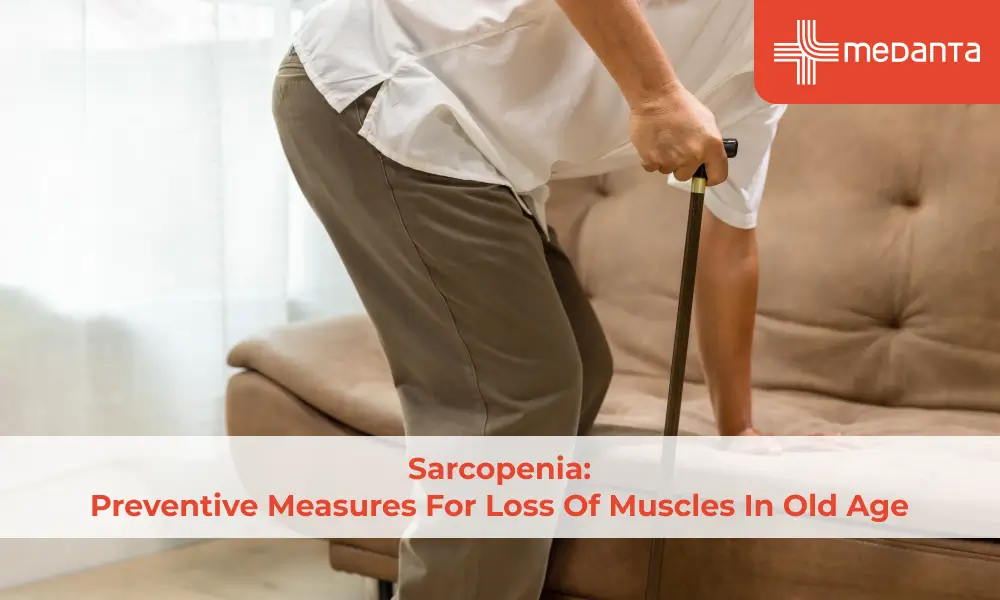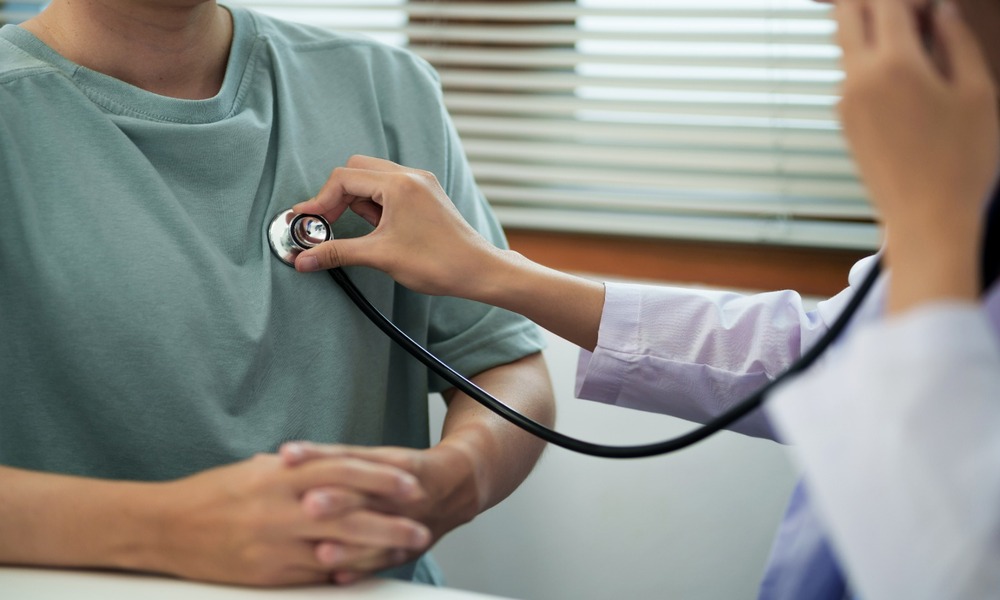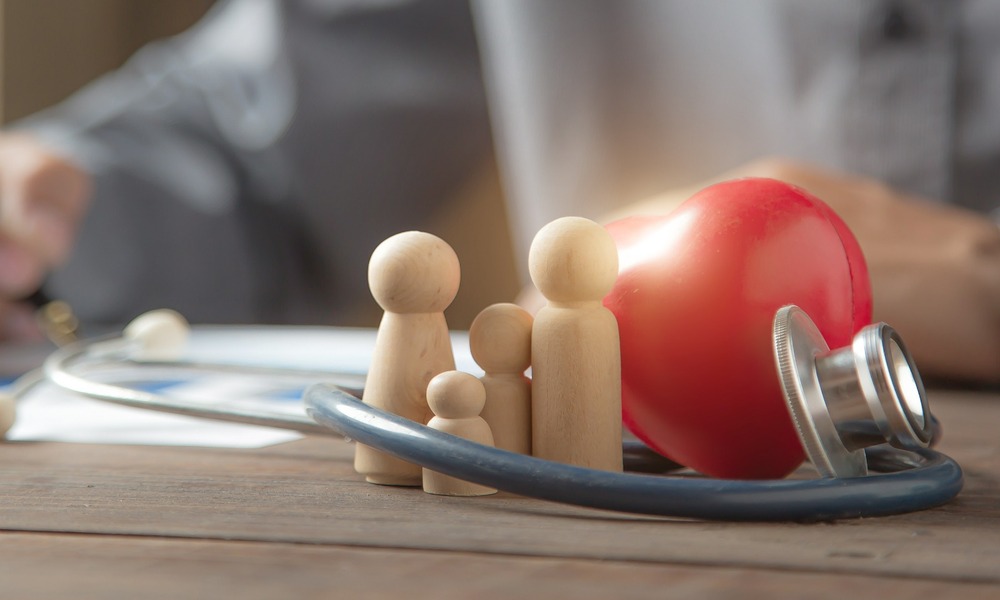Sarcopenia: Preventive Measures For Loss Of Muscles In Old Age

No one disputes that ageing brings about changes in the body. One of the natural but preventable changes associated with ageing is muscle loss. The decline in muscle mass and strength is a progressive condition known as sarcopenia.
The onset of sarcopenia generally starts when a person is 50 years and above and affects walking, balance and the body’s ability to perform daily activities. Here are some signs of muscle loss
- A weaker limb
- Smaller looking arms or legs
- Unexplained weight loss
- Decrease in strength
- Exhaustion
A person experiencing any of these symptoms should visit a doctor because sarcopenia could bring in problems like rheumatoid arthritis, falls, fatigue and disability.
Signs of Sarcopenia
According to doctors of Medanta-The Medicity, there are reasons why a person suffers from sarcopenia. These include:
- Lack of physical activity
- A poor diet which lacks protein, vitamins and other nutrients
- Illness, as a person could be restricted to a bed, making muscles weak due to inactivity.
- Lack of proper sleep
- Hormonal imbalance often associated with ageing
What Can Be Done?
Loss of muscle can make the body feel weak but Dr Gitika Sud, Consultant, Internal Medicine, at Medanta-The Medicity, says that there are various ways through which sarcopenia can be prevented. She recommends:
1) Physical Activity:
Taking up any physical activity can make a huge difference in the body. Exercise, according to doctors, is the best way to prevent muscle loss, whether it takes place due to ageing or disease. Walking is the easiest form of exercise to stay healthy and avoid complications. One can also try easy strength training or resistance training workouts after talking to a doctor. Strength training is known to build body muscles and improve body strength, balance, and flexibility in seniors. Some of the strength exercises include yoga, simple push-ups and squats.
2) Sleep:
Adequate sleep for old people is important and it is recommended to sleep at least 8 hours at night. While sleeping, the body takes on the task of repairing and adding new muscles. Try reading a book before going to bed or listening to some soothing music to help wind down, if falling asleep is the problem.
3) Healthy Diet:
Diet is one of the most important things that decide how early one can suffer muscle loss and also how to prevent it. For senior citizens, Dr Kajal Pandya Yeptho, Deputy General Manager (Head), Dietetics, Medanta, has some dietary recommendations.
4) Protein:
Protein helps in muscle formation and adding it to a daily diet can improve muscle growth. Normally, a person requires 1 gram protein per kg body weight; for instance, a person weighing 50 kilos requires a minimum 50 grams of protein daily. In an elderly, the protein requirement increases by 1.25-2 grams per kg. An ageing body also requires high biological value (HBV) protein which comes through non-vegetarian sources such as eggs, chicken and fish. A vegetarian can compensate their protein requirement through second level sources like soy, milk products and pulses. For some older people, doctors may also prescribe nutritional supplements enriched with high protein to meet the body’s requirement.
5) Vitamin D:
This is important for the proper absorption of calcium in the bones to maintain bone density. Exposure to sunlight during the day is known to be good for the bones, but according to Dr Kajal, generally, no one gets the required amount of vitamin D through that way alone. Eating a diet consisting of fish, milk fortified with vitamin D and supplements with a doctor’s consultation, is therefore recommended.
6) Omega-3 Fatty Acids:
Omega-3 fatty acids are essential good quality fats that the body does not produce. Eating nuts like walnuts and almonds, oils such as fish oils and seeds like flax seeds can help increase muscle growth.
7) Anti-oxidants:
Adding antioxidant foods like vegetables and fruits are important to boost the health of a senior citizen coping with muscle loss. It is advised to eat four servings of vegetables, two in salad form and two in cooked form. At least two to three types of fruits should be eaten daily.
8) Avoid Preserved Foods:
Senior citizens should avoid preserved foods as these often contain chemicals that can affect their metabolism. High fat foods such as chips and cola which are high on calories but low on nutritional value should be avoided as well.
9) No Alcohol and Smoking:
Both smoking and alcohol are known to cause damage to the lungs and liver.
Ageing is a natural process that affects everyone. However, doctors say one should start working on looking after their body early in life to delay the onset of or avoid age-related complications. If symptoms of sarcopenia start appearing, consult a doctor on how best to deal with them.






